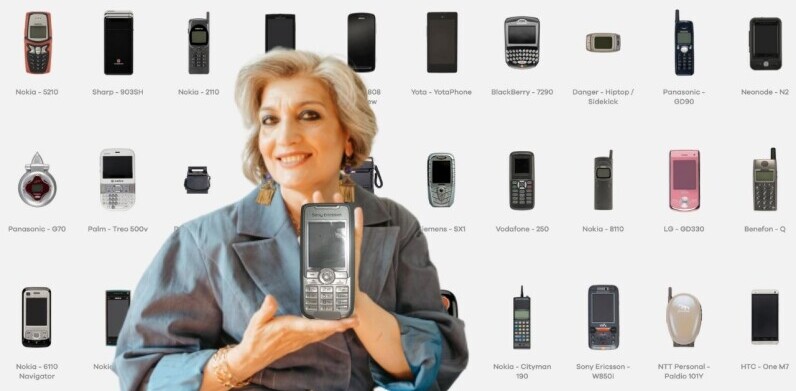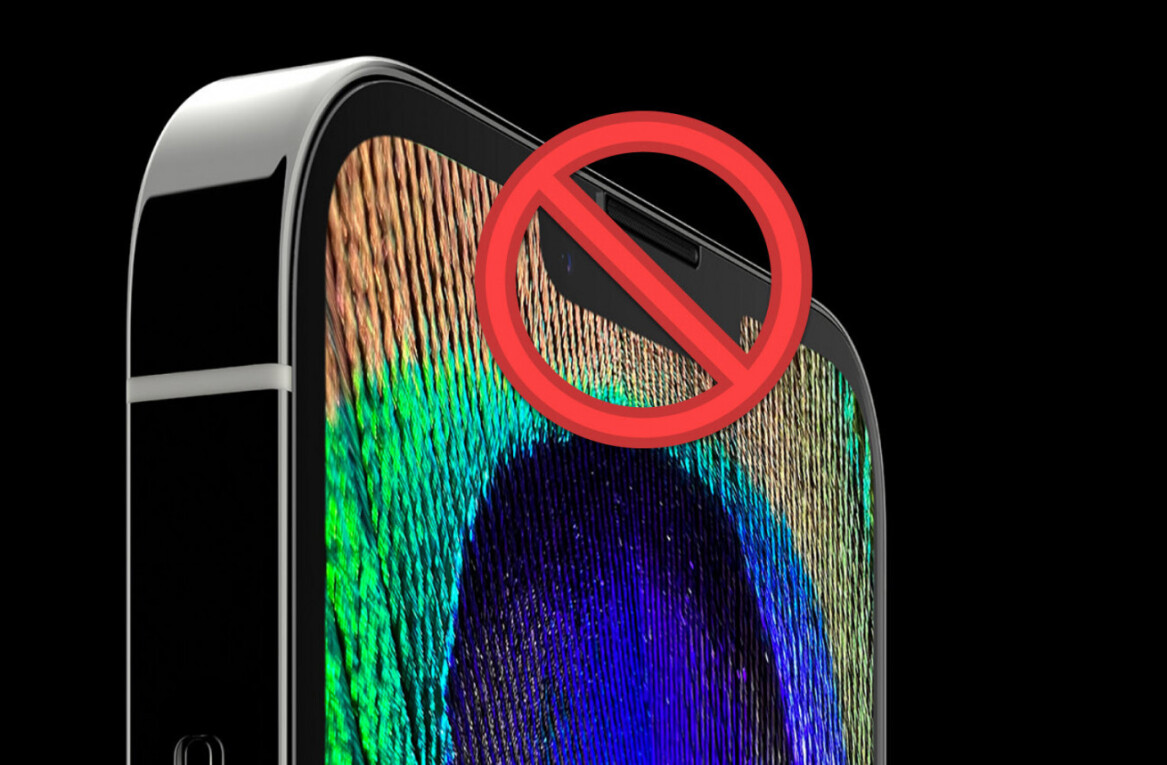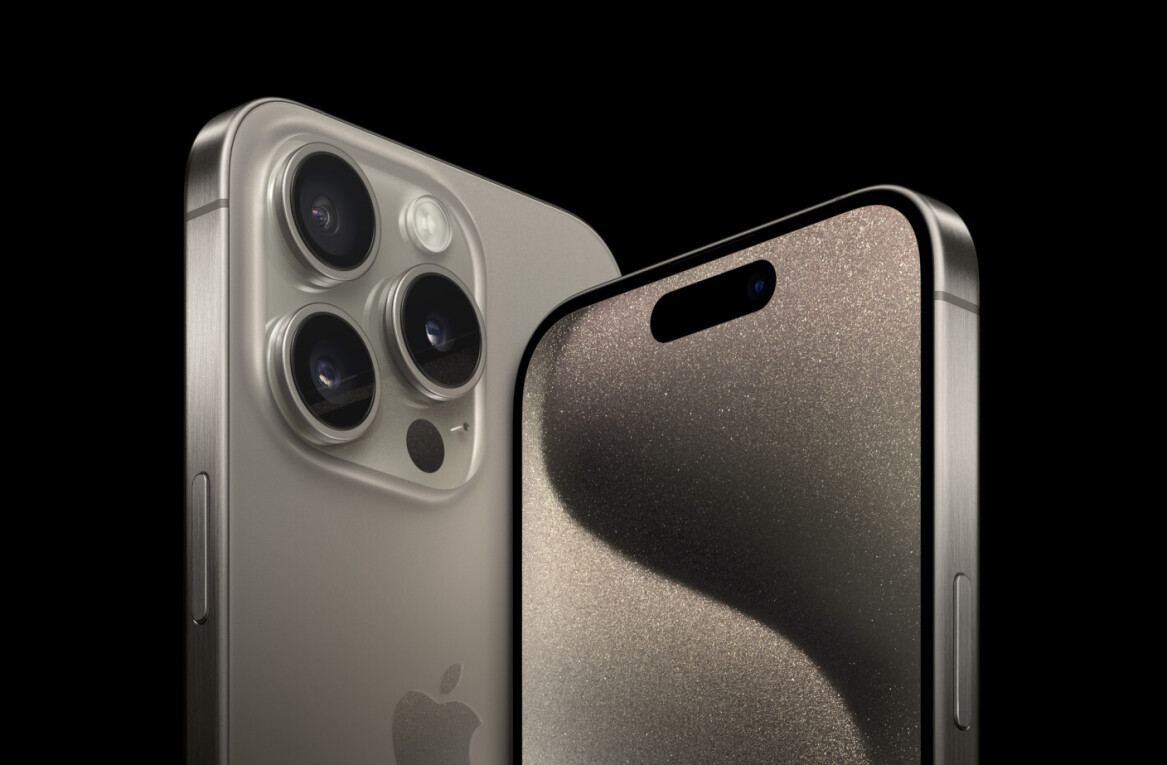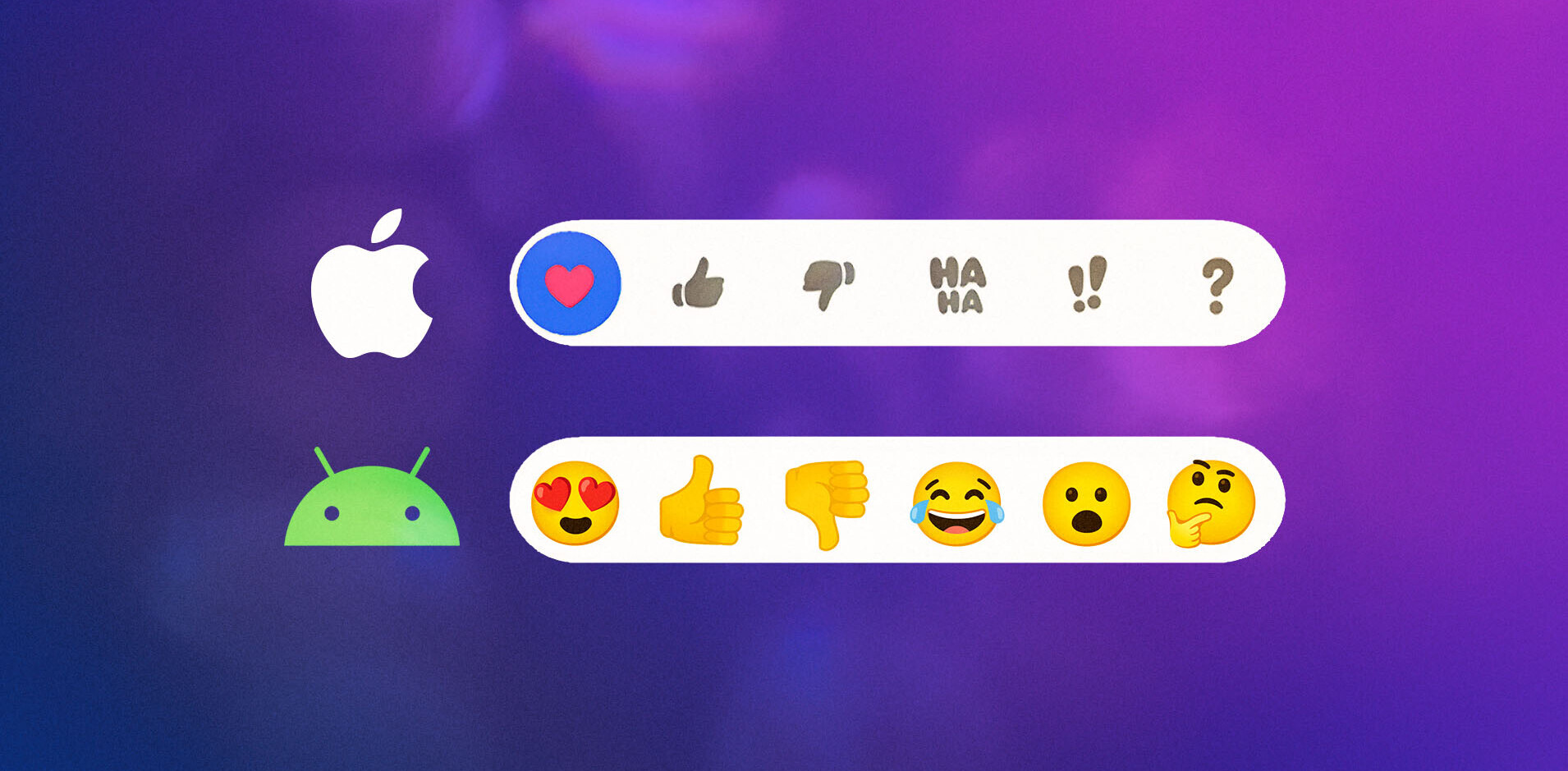
If you’re the proud owner of an iPhone 5, you may have noticed something different about the way that it vibrates. Well, you’re not imagining it, because there is something different about it: the vibrating motor.
Back when the iPhone 4 was introduced, it was still using the same vibration motor that all earlier iPhones had used. This was a rotational vibrator that basically consists of a cylinder with a wedge cut out of it that spins on a motor. The vibration is created by the imbalance of that counterweight.
Here’s an image of it from the AT&T iPhone 4 teardown by iFixit:
These are very common motors, found in a lot of other smartphones too. But they have some flaws. They’re loud, and they’re harder to accurately start and stop in oder to create crisper-feeling vibrations. They’re generally considered a sloppier option for vibrators.
Then, when the Verizon iPhone 4 rolled around, Apple had swapped it out for the nicer linear oscillating vibrator, which provides a smoother, more ‘accurate’ and quieter vibration. The iPhone 4S also used this nicer option for its vibration motor, here is what it looks like:
Which brings us to the iPhone 5. When iFixit went in to tear it down, they likely expected to see the now-familiar linear oscillating vibrator, but they didn’t. Instead, they discovered that Apple had gone back to using a rotational motor with a counterweight. Here it is:
So, if you’ve been feeling that the vibration in your iPhone 5 sounds louder and rougher and just more ‘violent’ overall, that’s why. Apple — for some reason — decided to go back to the older, less refined design for the vibration motor.
I’m not really sure why it was swapped back. Perhaps it was cost? But neither of these types of vibrators run more than a few cents. One clue could be in this comparison shot, also from iFixit:
From that comparison, it appears that the rotational vibrator is significantly smaller than the linear version. So it could be that Apple needed to save all of the space it possibly could in order to keep the package of the iPhone 5 as thin as possible. It was reduced 18% in thickness from the iPhone 4S and Apple likely had to save space everywhere they could. Perhaps the vibrator was a casualty of that.
Anyway, I’m sure you’re sorry you just read 400 words on the iPhone 5’s vibrator, but now you know why it feels like a bunch of tiny angry gnomes are doing a tapdance on your thigh every time you get a text.
See also: Delightful: How a Passbook pass syncs from the Mac to your iPhone
Image Credit: Justin Sullivan/Getty Images
Get the TNW newsletter
Get the most important tech news in your inbox each week.








